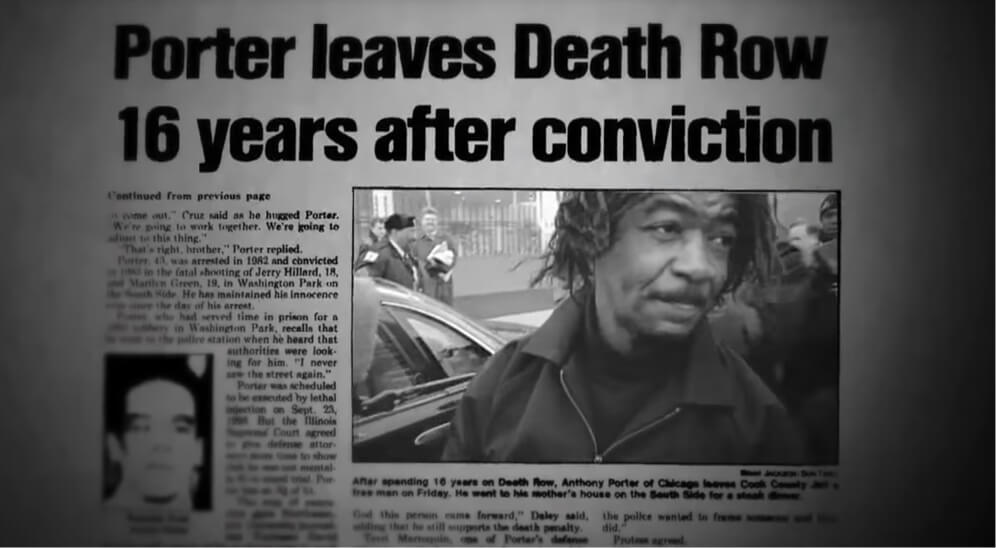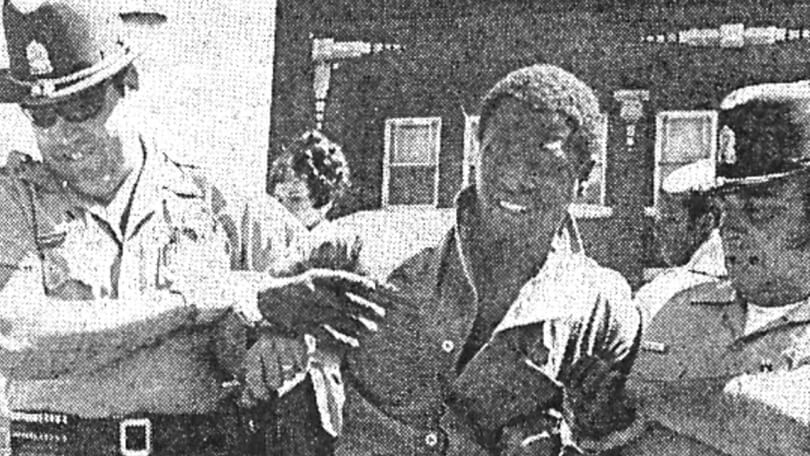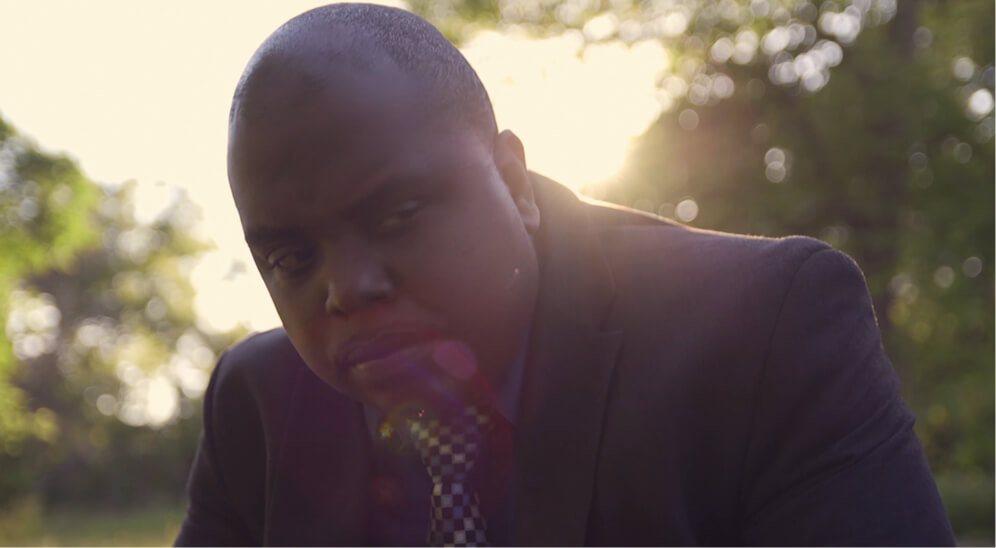Chicago Personal Injury Attorneys
We are dedicated, passionate attorneys, with more than 30 years of combined experience, committed to fighting for our clients in the courtroom.
We are thorough in our case preparation, engaging in comprehensive research into the circumstances surrounding your accident and/or injuries.
We take a creative, unconventional approach to case investigations and are ultimately dedicated to assisting our clients in any way we can.

What Is Personal Injury?
The essence of a personal injury claim is negligence. When another person, company, or even a governmental agency acts irresponsibly, others can get hurt. The injury is often physical, but it can also be psychological or emotional as well.
“Negligence” is a legal term that means failure to exercise a proper level of care under the circumstances. Another way of putting it is failure to behave as a reasonably prudent person would. Negligence can be demonstrated through someone’s actions (like speeding or driving drunk) or through an omission (such as failing to remove a known hazard from one’s business property).
To win a personal injury case, the victim must show that the defendant was negligent. There are four specific elements that are required under Illinois law:
- Duty of care. The defendant must have owed a duty of care to the plaintiff. Sometimes a duty arises out of a personal relationship between the parties, such as doctor and patient. But this isn’t always necessary. For example, when you drive on a highway, you owe a duty to other motorists not to be careless.
- Breach. Next, the plaintiff must demonstrate that the defendant breached the duty of care. This is where the defendant’s negligent acts and/or omissions are brought out. It also covers situations where the at-fault party breaks a law or engages in intentional wrongdoing. Breach is usually the most contested part of a lawsuit.
- Causation. The defendant’s breach has to actually cause injury to the plaintiff. If the defendant acted negligently but didn’t harm to the plaintiff, this element fails.
- Damages. These are the losses for which the plaintiff will demand financial compensation. Some of the most common damages are medical expenses, lost wages, lost earning capacity, and pain and suffering. The nature and amount of damages are hotly disputed in most personal injury cases.
Examples of Chicago Personal Injury Cases We Handle
There’s a wide variety of cases that fall under the category of personal injury. They include:
- Car accidents
- Motorcycle accidents
- Truck accidents
- Construction site injuries
- Medical malpractice
- Pedestrian Accidents
- Product liability
- Premises liability
- Nursing home abuse and neglect
- Rideshare accidents
- Uber accidents
- Lyft accidents
- Slip and fall accidents
- Wrongful death
- Foster care or social services negligence
- Sexual Assault
Potential Damages In A Chicago Personal Injury Lawsuit
The goal of a personal injury lawsuit is to make the plaintiff whole through financial compensation. This compensation is known as damages, and some examples are:
- Medical expenses. This broad category can include everything from hospital bills and prescription medications to physical therapy and special adaptive equipment to assist with a victim’s daily activities.
- Lost wages. While you recover or are hospitalized for your injuries, you will lose time from work and, with it, potentially significant amounts of money. You can ask a court to award you damages to cover this lost income.
- Lost earning capacity. Your career prospects may be cut short or severely restricted after a personal injury. An expert witness can help estimate the future earnings you will miss out on as a result.
- Pain and suffering. These damages account for the pain and emotional trauma you will likely experience for some time to come. Although difficult to quantify, they are essential to catastrophic injury cases.
- Loss of enjoyment of everyday life. It may not be possible to enjoy your normal daily activities, hobbies, and other interests after a bad injury. These damages help compensate you for the loss.
- Loss of consortium. This category refers to the deprivation of the benefits of a family relationship. It includes the loss of support, society, companionship, and sexual relationship between spouses caused by the injury.
- Punitive (exemplary) damages. In rare cases, an at-fault party can be subject to punitive damages. These are intended to punish the wrongful party and deter others from engaging in similar conduct.

Are There Time Limits To File A Personal Injury Lawsuit?
Your right to sue a negligent party will not last forever. In Illinois, cases are subject to what’s called a statute of limitations. This sets a deadline for plaintiffs to file their lawsuits before they lose the right to do so. The statute of limitations is two years. In most cases, the clock begins to run when the injury occurs.
However, it’s best not to delay taking action on your case. Witnesses’ memories can fade over time, evidence will be more difficult to obtain, and you could forget critical details if you wait too long. If you or a loved one have been hurt, reach out to a dedicated Chicago personal injury attorney.
How Can the Personal Injury Lawyers of Hale & Monico Help Me?
Suing a defendant almost always means suing an insurance company, like an automobile insurer. Regardless, you can count on the defendant’s lawyers pushing back on your claims or making settlement offers that come nowhere close to covering your losses.
At Hale & Monico, we’ve helped countless personal injury clients get the compensation they need to recover. We won’t accept unfair offers and will stand by you from start to finish. Give us a call or fill out the contact form today to get started on your case.



